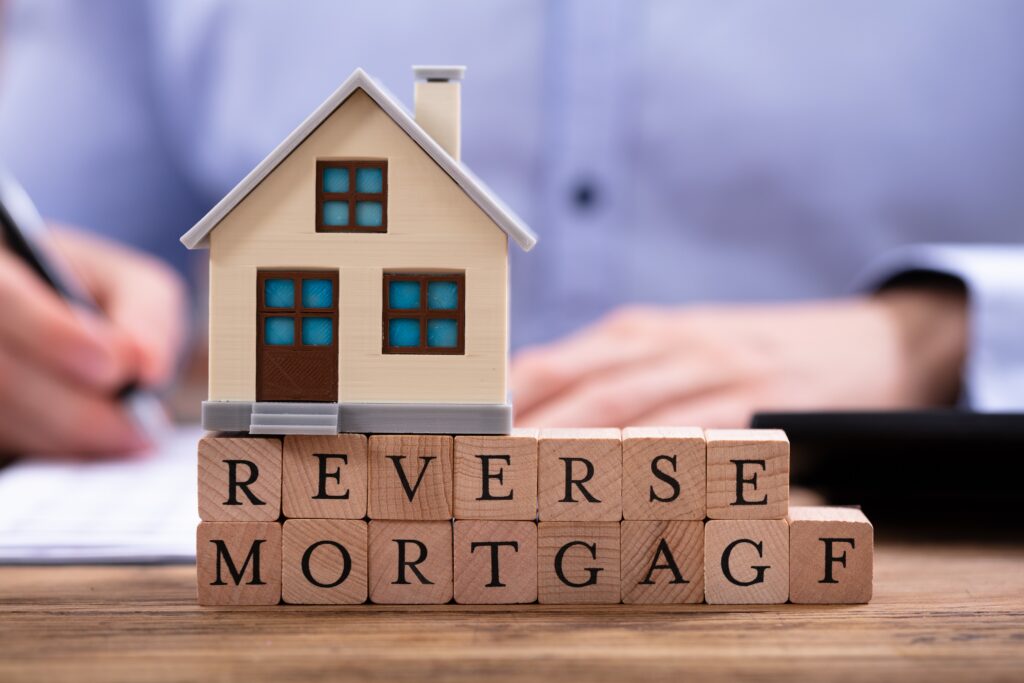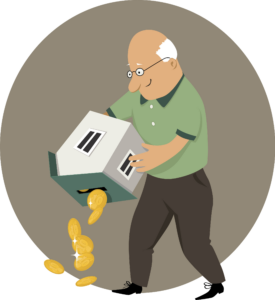The concept is simple enough. Sell one property (the relinquished property) and use proceeds money to buy another property (the replacement property). If you do it right, you can defer the capital gains tax on the property you sold. Of course, in practice, there are quite a few details that go into “doing it right”.
This article addresses a few basic details about 1031 exchanges. However, this article is not intended to provide, nor should it be relied upon for, tax, legal, or accounting advice. You should always consult your own tax, legal, and accounting advisors before engaging in any transaction.
Why is it called a 1031 exchange?
The 1031 part of the name comes from the relevant section of the tax code. That section can be found here: United States Code Annotated, Title 26 Internal Revenue Code, Subtitle A Income Taxes, Chapter 1 Normal Taxes and Surtaxes, Subchapter O Gain or Loss on Disposition of Property, Part III Common Nontaxable Exchanges, Section 1031 Exchange of Real Property Held for Productive Use or Investment.
The exchange part of the name describes what is happening: you are swapping (or exchanging) one property for another property.
Who can do a 1031 exchange?
Any taxpayer can do a 1031 exchange. However, the taxpayer selling the relinquished property must be the same exact taxpayer buying the replacement property. So, if your LLC or family trust sells relinquished property, you cannot buy the replacement property as an individual; your LLC or family trust must buy the replacement property.
What type of property qualifies for a 1031 exchange?
Both the relinquished property and the replacement property must be real property held for productive use in a trade or business or for investment. So, for example, you cannot exchange an unaffixed mobile home because it is personal property not real property. Also, you cannot exchange your primary residence because it is held for personal use, not for business or investment purposes. Further, you cannot exchange dealer property, which is real property held primarily for resale. The IRS does not consider holding property for resale to be the same as holding property for business or investment purposes.
However, you can exchange one type of real property for another type of real property. You can sell a carwash and buy an office building, or sell a restaurant or hotel and buy an apartment complex, or sell farmland and buy a retail shopping center. As long as both the relinquished and replacement properties are real property held for business or investment purposes, the specific type of real property sold or bought is immaterial.
Why would anyone want to do a 1031 exchange?
Reasons include deferring capital gains tax and increasing cashflow.
A 1031 exchange defers capital gains tax on the relinquished property sale, but it does not eliminate the capital gains tax. Whenever you sell the replacement property, you will owe capital gains tax on both the relinquished property and the replacement property sales, unless you do another 1031 exchange when you sell the replacement property. In theory, you could keep doing 1031 exchanges, one after the other, deferring the capital gains tax indefinitely. If you do it right, when you die, your heirs may take the property(ies) at a one-time step-up in basis. This would allow them to sell the property(ies) without paying the accumulated deferred capital gains taxes. In that sense, you may be able to effectively eliminate the capital gains tax.
A 1031 exchange can increase your cashflow because you are investing money in the replacement property that otherwise would have been sent to the IRS for capital gains tax. So, that money is working for you instead of the IRS.
Should I do a 1031 exchange?
This is a question best asked of an accountant, preferably a Certified Public Accountant with experience doing 1031 exchanges. The accountant will ask several questions about your specific situation, perform some financial calculations, and let you know whether a 1031 exchange would be beneficial to you.
How do I do a 1031 exchange and who will help me?
After you talk to an accountant and decide a 1031 exchange would be beneficial, the next step is to notify both your real estate agent and your title company as soon as possible.
If your title company is Tallgrass Title, LLC, your closing agent will notify an attorney at our sister company, Pugh & Pugh Attorneys at Law, PA, and they will facilitate the exchange by (1) drafting the required closing documents, (2) retaining and coordinating with the Qualified Intermediary (the entity that holds the seller proceeds from the relinquished property sale until you are ready to buy the replacement property) and the Exchange Accommodation Titleholder (if it is a reverse 1031), and (3) tracking critical deadlines (for a forward exchange, you have 45 days after the sale of the relinquished property to identify replacement property and 180 days after the sale of the relinquished property to complete the purchase of the replacement property).
After the exchange is complete, you will take the executed closing documents from both the relinquished property sale and the replacement property purchase to your accountant. They will assist you in filing the tax return documents required to report the 1031 exchange to the IRS.
We are here to help!
While the basic concepts are relatively easy to understand, exchanges can get complicated very quickly depending on your specific circumstances. This is especially true if you get into reverse 1031s, construction 1031s, rules for related party exchanges, or multi-property exchanges.
Our goal, as your 1031 exchange facilitator, is to make the process as easy as possible for you. If you have any questions about 1031 exchanges or would like to start an exchange, please contact our office today. We would love to help you accomplish your investing goals!



